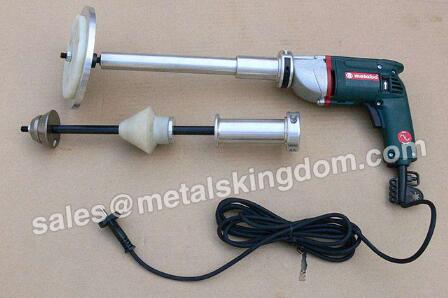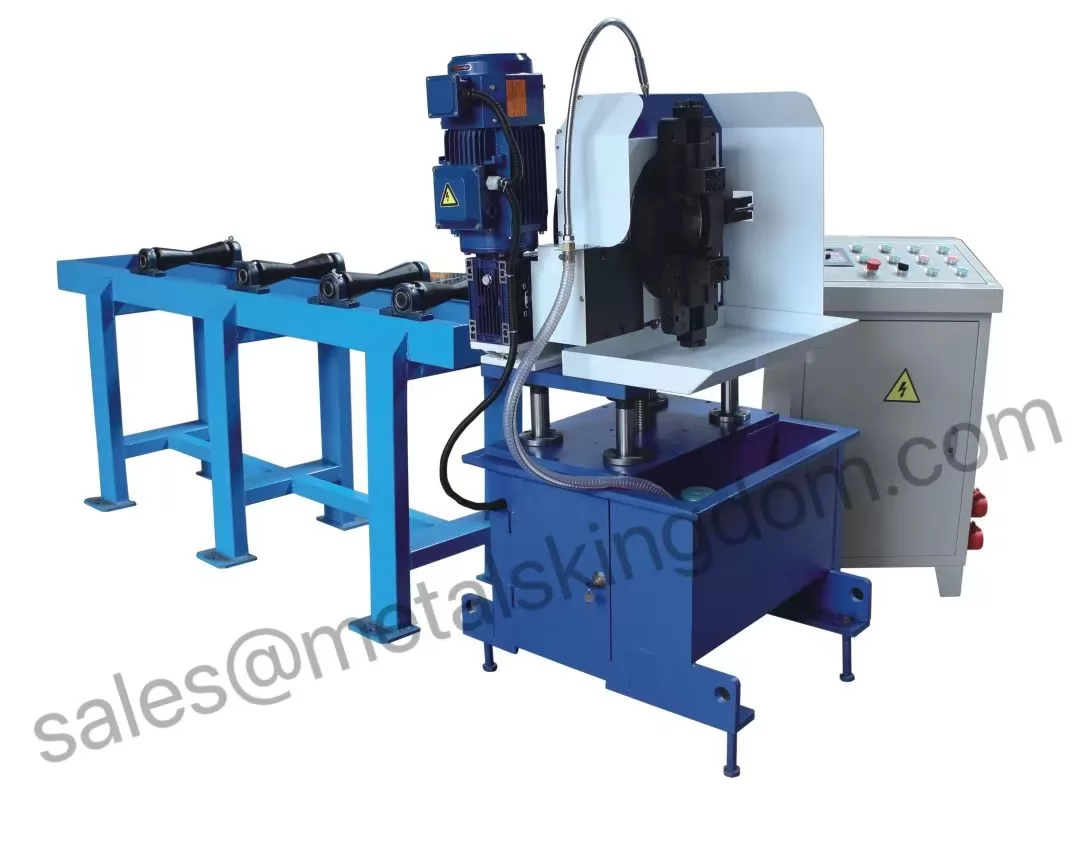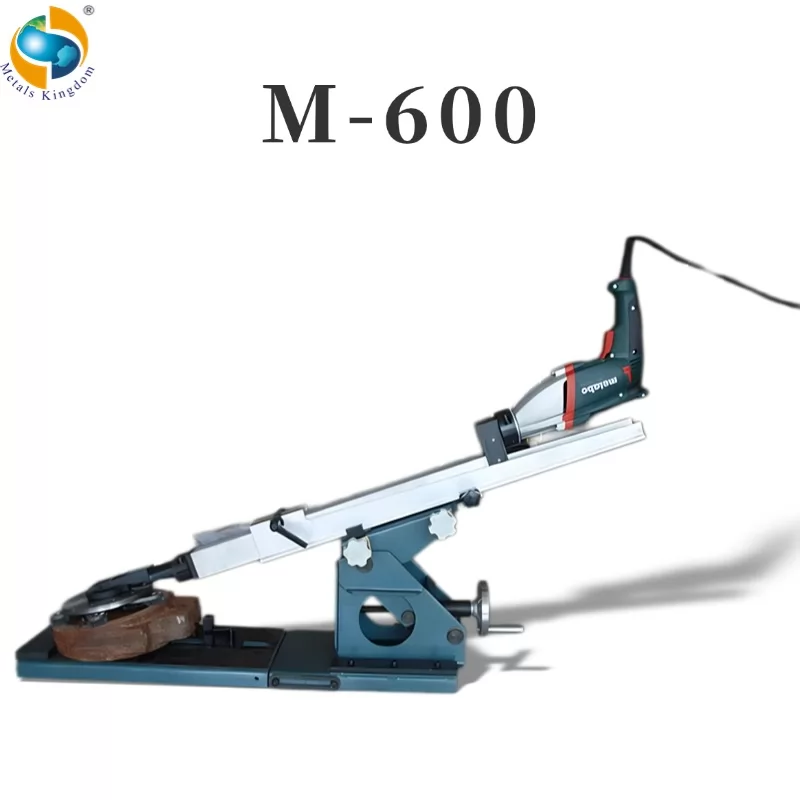What is the Purpose of Valve Grinding?Improving Engine Efficiency
Valve grinding is a crucial maintenance task that significantly enhances the performance of internal combustion engines. Over time, the valves in an engine can develop imperfections due to constant wear and tear. These imperfections create gaps between the valve and the valve seat, resulting in inefficient sealing. Grinding the valve helps restore a perfect seal, allowing for proper air and fuel intake, and improving overall engine efficiency. A well-sealed valve ensures that the engine runs smoothly, with optimized compression, leading to better fuel economy and performance.

Ensuring Proper Compression
One of the key purposes of valve grinding is to maintain proper compression levels in the engine. Valves play a vital role in controlling the flow of air and fuel into the combustion chamber and releasing exhaust gases. If the valve doesn't seal correctly, the compression in the combustion chamber will be compromised. Poor compression reduces engine power, causes rough idling, and may result in engine misfires. Valve grinding ensures the valve seats properly, maintaining optimal compression levels, which is essential for engine longevity and performance.
Reducing Engine Leaks
Valve leaks are another common issue that can arise if the valve surface becomes uneven or damaged. A leaking valve allows gases to escape from the combustion chamber, leading to a loss of power and increased emissions. By grinding the valve, mechanics can remove minor imperfections, smooth the valve surface, and prevent gas leakage. This not only enhances engine performance but also ensures compliance with environmental standards by reducing harmful emissions from engine exhaust.
Extending Engine Lifespan
Regular valve grinding is an important preventive measure that can extend the lifespan of an engine. Without proper valve maintenance, the engine can experience increased wear, overheating, and eventual failure. Valve grinding helps preserve engine components by ensuring that they function optimally, reducing the risk of costly repairs or replacements. It also minimizes the stress placed on other parts of the engine, such as the pistons and cylinders, which can be affected by poor valve performance.
Restoring Valve Function in Older Engines
Older engines, especially those in classic or vintage vehicles, often require valve grinding as part of their regular maintenance. As these engines age, their valves tend to accumulate debris, carbon deposits, and wear, leading to inefficient sealing. Valve grinding can restore these older components to their original specifications, allowing the engine to function more effectively. This process helps maintain the performance of older engines, keeping them running smoothly and efficiently for years to come.
Conclusion
In summary, valve grinding is essential for improving engine efficiency, maintaining proper compression, and preventing leaks. It plays a critical role in extending engine life and restoring functionality, particularly in older engines. Whether you are maintaining a modern engine or restoring a vintage vehicle, valve grinding is a vital service to ensure optimal performance. For expert guidance on valve grinding or to find a reliable supplier for your valve maintenance needs, contact us today.












